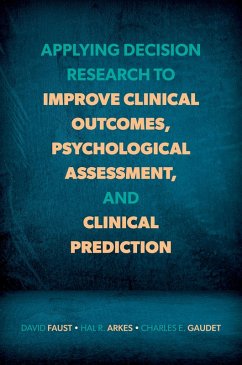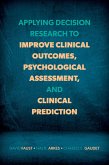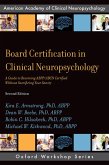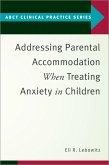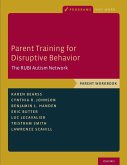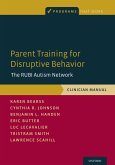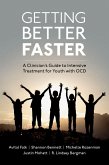Mental health professionals often make explicit or implicit predictions involving crucial matters--Is a client at risk for self-harm or harming others? What treatment approach is most likely to be successful? Has a child been subjected to sexual or physical abuse? Decision research has particularly strong applied use for improving the accuracy of such determinations; unfortunately this work has not been broadly disseminated in the mental health field.
Applying Decision Research to Improve Clinical Outcomes, Psychological Assessment, and Clinical Prediction introduces graduate students and practitioners in the mental health field to research, knowledge, and practical strategies that can enhance diagnostic and predictive accuracy and thereby improve client care. Major chapters of the book address well-established, but often under-recognized, principles and procedures for improving the integration of clinical data and interpretive accuracy; the differentiation between seemingly accurate but illusory, as opposed to genuine, associations between signs, symptoms, and outcomes; and the minimization of impediments to accurate decision making. The authors merge applied clinical tasks in the mental health field with decision research and cognitive psychology to suggest ways in which prediction, diagnosis, and assessment can be accomplished with greater efficacy and precision.
Dieser Download kann aus rechtlichen Gründen nur mit Rechnungsadresse in A, B, BG, CY, CZ, D, DK, EW, E, FIN, F, GR, HR, H, IRL, I, LT, L, LR, M, NL, PL, P, R, S, SLO, SK ausgeliefert werden.

